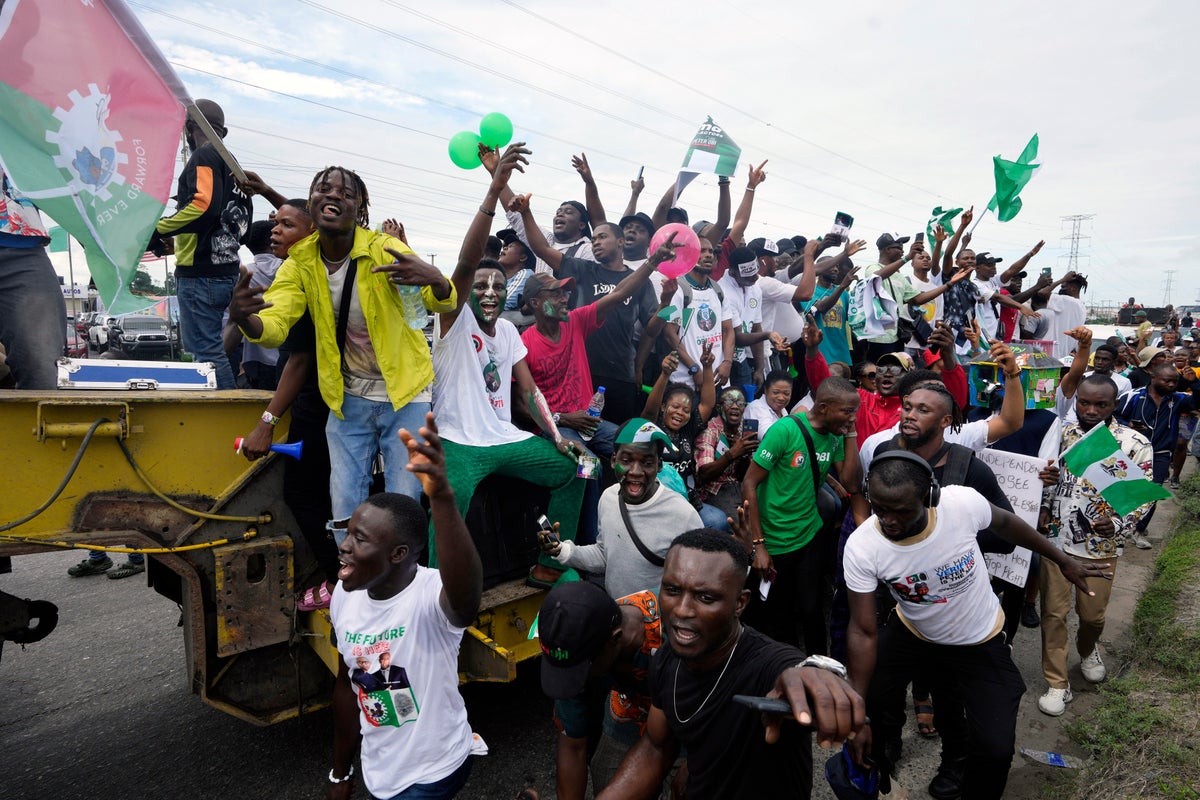
Nigerians celebrated the 62nd anniversary of their independence Saturday with the country's leader acknowledging the economic and security hardships citizens are facing as they prepare to vote for a new president in four months.
Nigerian President Muhammadu Buhari rode a wave of goodwill to power in 2015 after promising to overcome the obstacles stifling the country's progress despite being Africa's most populous nation and largest economy.
Buhari, who will not be running for office again, said his government has “made appreciable progress” on security, the economy and fighting corruption, but conceded that “we are not yet at our destination.”
Nigeria's 33% unemployment and 40% poverty rates are the worst in decades, government estimates show. Moreover thousands have been killed during the last year in attacks by armed groups in the nation’s troubled northern region and by Islamic extremist rebels in the northeast.
“I share the pains Nigerians are going through and I assure you that your resilience and patience would not be in vain,” Buhari said.
In the commercial hub of the capital Lagos and in other parts of the country, thousands of people marched amid a heavy police presence in support for Peter Obi, one of the leading contenders February's presidential election.
“The Nigerian government worries more about people with placards than it worries about people with weapons,” Ayo Sogunro, a Nigerian human rights lawyer said of the heavy security presence.
Campaigning for the highly anticipated presidential election began this week, with 18 candidates vying for the country's top political job.
Leading candidates include the Bola Tinubu from the ruling All Progressives Congress and a former governor of Lagos state, former vice-president Atiku Abubakar from the opposition Peoples Democratic Party (PDP) and Obi who is seeking to break the 23-year grip on power shared by those two parties.







